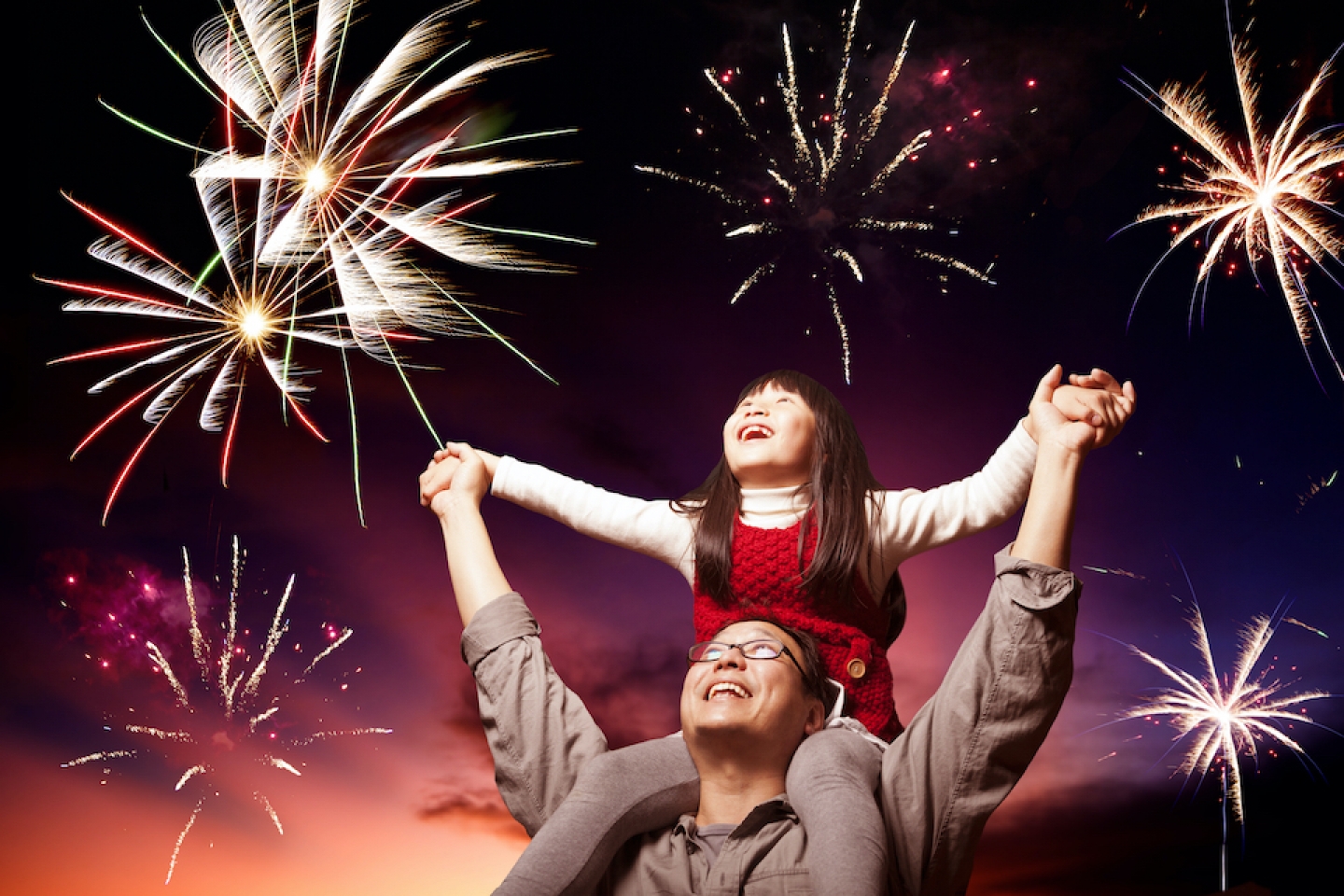
Fireworks go with summer. But if handled improperly, they can cause serious damage not only to your body, including your eyes, but also to property. Consider these facts:
According to a 2020 study from the U.S. Consumer Product Safety Commission (USCPSC) about 7,300 fireworks-related injuries (73 percent of the total estimated fireworks-related injuries in 2019) received treatment in hospital emergency rooms from June 21, 2019 to July 21, 2019. Children younger than 15 years of age accounted for 36 percent of these injuries, while nearly half involved individuals younger than 20 years. The report also found that:
The USCPSC study found that hands and fingers were the body parts injured most often, followed by legs; eyes; head, face, and ears; and arms.
Of emergency department-treated injuries, 58 percent were burns, the most common injury to hands, fingers, arms, and legs.
Most people with fireworks-related injuries--some 87 percent--were treated at a hospital emergency department and then released. About 12 percent of patients were treated in the emergency room and either admitted to the hospital or transferred to another hospital.
In addition to potentially serious physical injury, fireworks start an average of 18,500 fires each year, including 1,300 structure fires, 300 vehicle fires, and nearly 17,000 other fires.
The best way to protect yourself, your family, and those around you is to enjoy only public, professionally run fireworks displays. If you choose to use them, however, then please follow these safety tips:
If a fireworks injury occurs, then go to your nearest hospital emergency room.